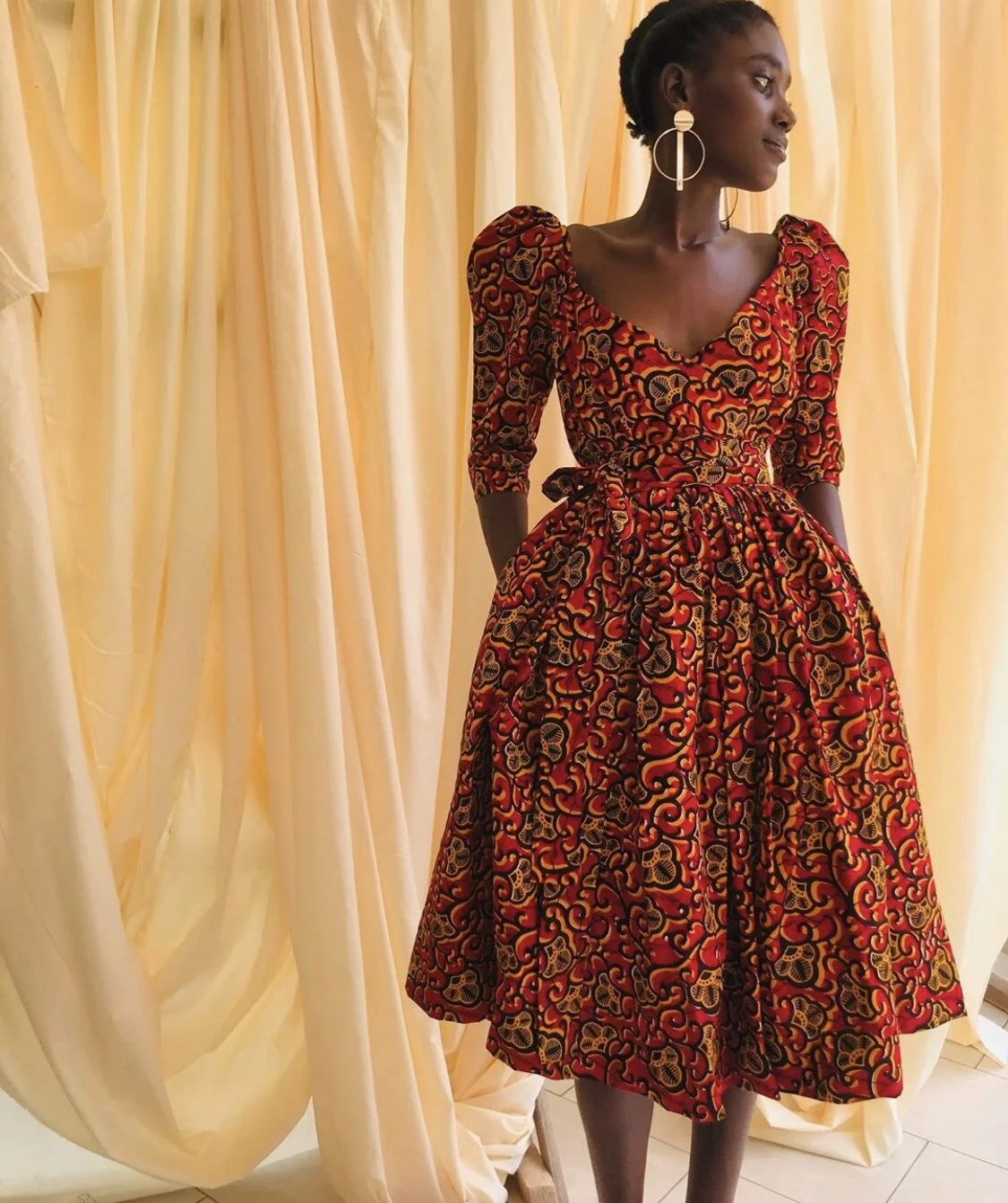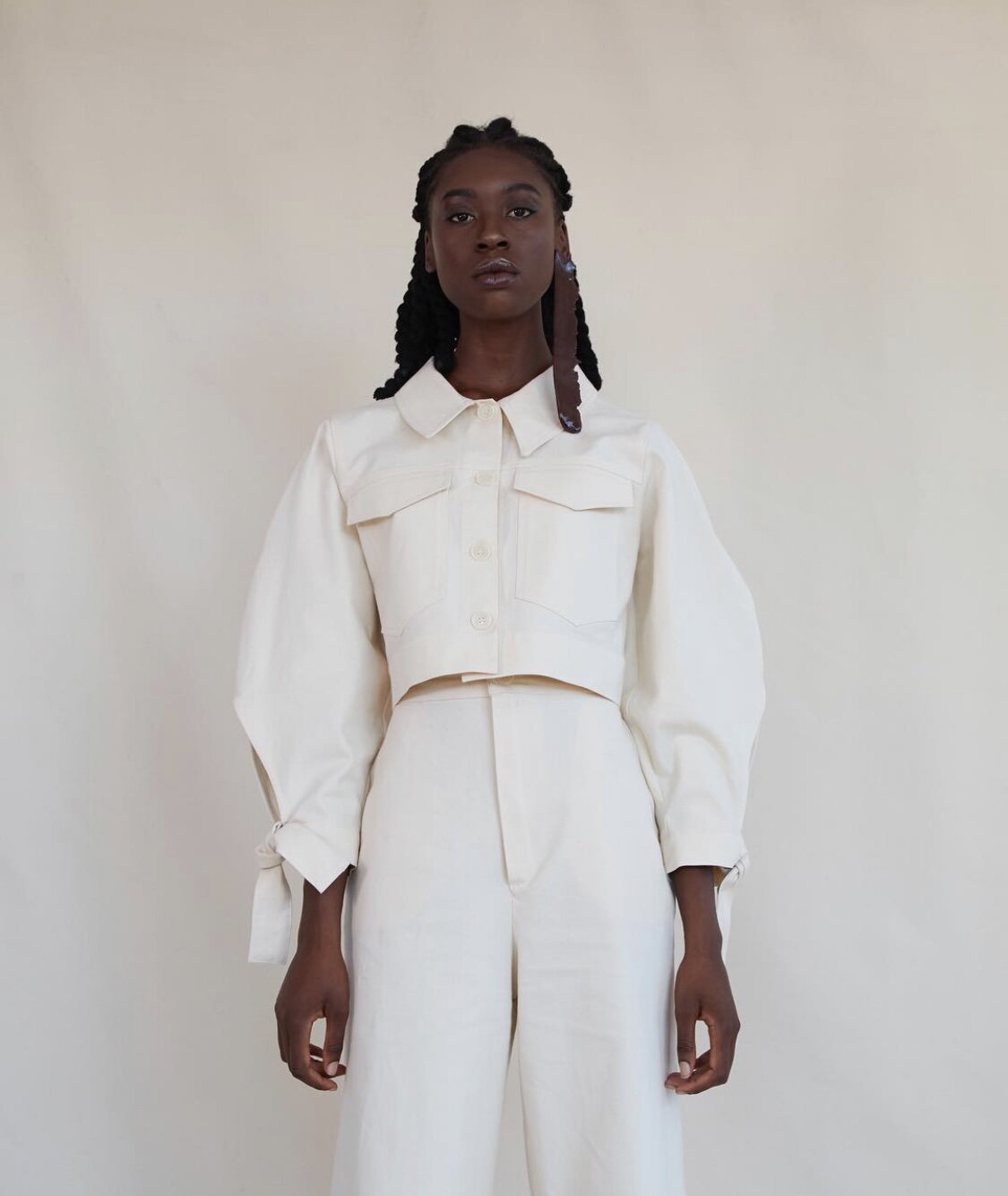What Does “African Fashion” Mean?
When it comes to African creativity in the fashion industry, it is very common to hear the words “African fashion“. But what does it really mean? If indeed, African fashion even exists at all...
Rooted in African customs, wax prints were one of the most recognisable features across the continent when the world started to look at the African fashion landscape, and Ankara styles were at the fore. So, today it’s not unusual to see people think first of wax prints when they think African fashion. Of course, there’s nothing wrong with that - Ankara is a landmark fabric in African cultures - as long as you keep your mind open and don’t reduce African fashion creativity to just one fabric. The point is, you can either see Ankara fabric as a way to bring different African cultures together (especially Sub Saharan) or as a way to put them in the same box.
Either way, wax prints paved the way to something more exciting. Now, it is up to everyone to enter the diverse world of fashion in and off Africa to discover more.
And there is more to discover: from traditional textiles and attires of course but also non-traditional fabrics as well as, contemporary styles and aesthetics too, be that colorful or not, printed or not.
HOW CAN WE GET IT RIGHT?
The key is being more specific about the brands or creatives we talk about to translate the richness of the continent. When we talk about a brand which is connected to Africa, let’s make sure we mention how it is actually connected to the continent. Let’s not just label it “African fashion” without the important details. Is it based and/or produced in Africa? And in which region exactly? Was it founded by a creative of African descent? If so, what cultural influences inspired their work (these are not always related to their identity)? Are the techniques they use traditional? And where do they originate from? Which ethnic groups are they associated with? And so on.
The words we use to talk about fashion related to Africa build the perception people have of it. Fashion has a role to play in changing the global perception of Africa as “a country”. Fashion brands on and off the continent are a combination of aesthetics and influences which deserve to be celebrated in their unique way. And it all starts with words. Things don’t exist until we create words for them. That is exactly the point of the expression “changing the narratives” which is so much used at the moment amongst creatives of African descents. Their mission: telling the untold stories and showing unseen perspectives of Africa.
IS THERE A BETTER EXPRESSION ?
Does it really need to be defined at all? The expressions “fashion made of Africa” or “Africa-infused fashion” seem to be the most inclusive in terms of the different African references a brand or a business can have. In any case, whichever expression you will use, it is up to you to tell what you want people to see.
A recent live conversation hosted by Lagos Fashion Week founder Omoyemi Akerele touched on the topic. Nelly Wandji, founder of Moon-look.com, argued that we could talk about “African creativity” in general. While some of the guests were not comfortable with the expression “African fashion”, others didn’t have a problem with it. However, they all agreed on the fact that African creatives should be the ones to define their work in their own words rather than assuming a label given by a global industry who does not really understand the intricacy of the continent and its people.
Watch the live conversation here and share your thoughts. What expression would you use?



